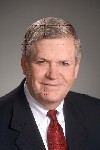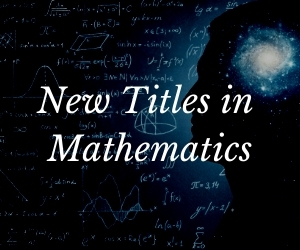System Upgrade on Tue, May 28th, 2024 at 2am (EDT)
Existing users will be able to log into the site and access content. However, E-commerce and registration of new users may not be available for up to 12 hours.For online purchase, please visit us again. Contact us at customercare@wspc.com for any enquiries.
Computer Arithmetic Volume III is a compilation of key papers in computer arithmetic on floating-point arithmetic and design. The intent is to show progress, evolution, and novelty in the area of floating-point arithmetic. This field has made extraordinary progress since the initial software routines on mainframe computers have evolved into hardware implementations in processors spanning a wide range of performance. Nevertheless, these papers pave the way to the understanding of modern day processors design where computer arithmetic are supported by floating-point units.
The goal of Volume III is to collect the defining document for floating-point arithmetic and many of the key papers on the implementation of both binary and decimal floating-point arithmetic into a single volume. Although fewer than forty papers are included, their reference lists will direct the interested reader to other excellent work that could not be included here.
Volume III is specifically oriented to the needs of designers and users of both general-purpose computers and special-purpose digital processors. The book should also be useful to systems engineers, computer architects, and logic designers. It is also intended to serve as a primary text for a course on floating-point arithmetic, as well as a supplementary text for courses in digital arithmetic and high-speed signal processing.
This volume is part of a 3 volume set:
Computer Arithmetic Volume IComputer Arithmetic Volume II
Computer Arithmetic Volume III
The full set is available for sale in a print-only version.
Contents:- Overview
- Floating-Point Addition
- Floating-Point Multiplication
- Rounding
- Fused Multiply Add
- Floating-Point Division
- Elementary Functions
- Decimal Floating-Point Arithmetic



























